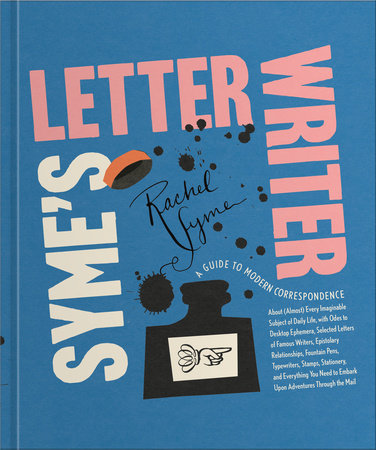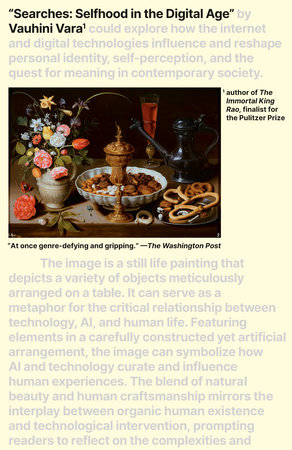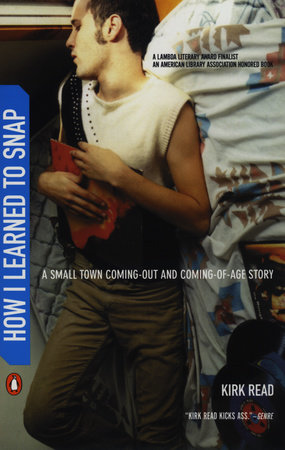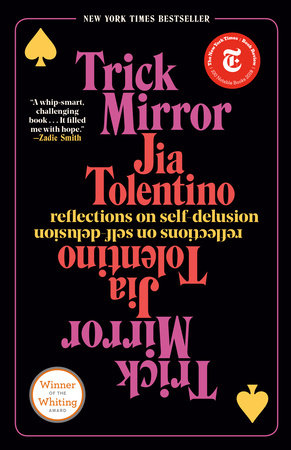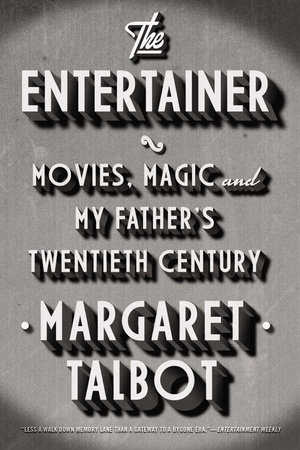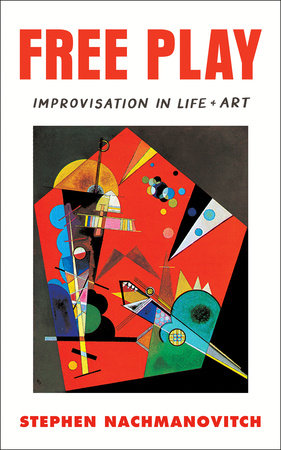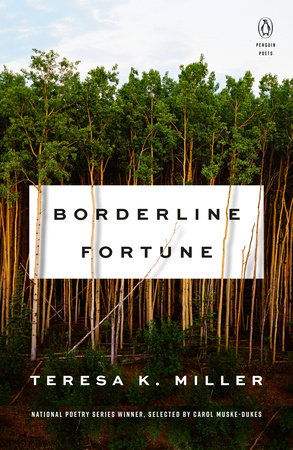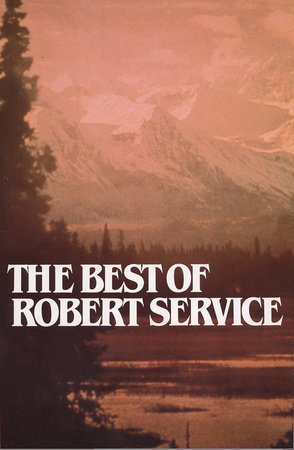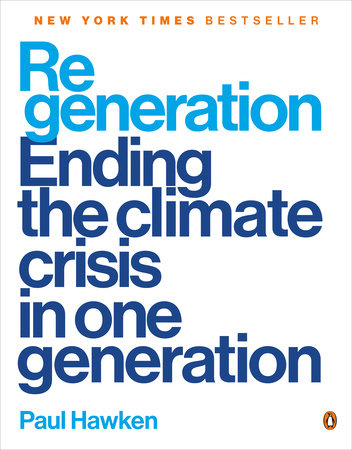1. Were you concerned that some readers would condemn you for leaving Archer for extended periods?
I was concerned, especially in the beginning. When I became a mother, I suddenly felt like everything I did was an opportunity for condemnation. I was faced with an onslaught of tips and judgments at one of the most vulnerable times of my life, when everything was new and confusing. Additionally, my cultural understandings of motherhood were at odds with my personality and interests—most acutely, my yen for independent travel. So, I was harshly judging myself. At this stage in my life, I think if a reader were to condemn me for my choices, it would say more about what I symbolize for him or her, as an individual, than my actions. I have still—outside of a few months, years ago—not had full-time childcare, and I’m Archer’s primary caregiver. Even in my most travel-heavy periods, I was at home more than I was away, and—when at home—my work flexibility has allowed more contact time than if I’d been working a 9-5 job. So, if those occasional absences are condemned, what’s being judged is likely not the fact that I was away, but the fact that I was doing things others might consider unusual or indulgent. But I was a travel writer before I became a mother. This is a story I needed to write. I’m hopeful it will find its way to people who need to read it, and that it will make them feel slightly less hopeless, or judged, or unable to pursue whatever it is that they’re afraid might bring them condemnation. Because it’s not just mothers who are discouraged from pursuing outlandish dreams—it’s all of us.
2. The subtitle of the book is “A Hesitant Adventurer’s Search for Wonder in the Natural World.” Why “hesitant?”
Despite the fact that I sometimes do bold things, I am hesitant about doing them. I always get nervous before trips, and I often spend a great deal of time in uncomfortable situations wondering why I got myself into them. But I push myself. It’s one of the reasons I became a writer in the first place. To get an assignment, or to secure a book contract, is to construct a situation that makes you beholden to the story you’re telling—which is to say, it creates a situation that helps curiosity overtake fear.
3. Do you ever contemplate what might have happened if you had not set out in search of the phenomenal? Do you think your marriage and your family would have survived?
I spend a good bit of time being consciously thankful that I did set out. I went against social norms, dealt with personal guilt, came into my own as a woman through sublime experiences that matched the life-changing magnitude of birthing and caring for a child, and I gained a very intimate understanding of what it means to awaken. There’s no way to know if my marriage and family would have survived if I had not embarked on a round-the-world pilgrimage. But I can say for certain that my journey helped those relationships thrive.
4. After your trip to Puerto Rico, did you already have a set list of experiences you wanted to include, or did it evolve once you embarked on your journey? Is the order of the book chronological?
The first chapter of the book includes a flashback to the overwintering site of the monarch butterfly in Mexico. The narrative runs in chronological order after that. When I went to Puerto Rico, I already had a running list of phenomena I wanted to experience. There were some alterations along the way—most notably my unexpected eclipse chase. I was already under contact for the book at that point, so I had to email my publisher to alert her to the change. Basically, that email said something like: I met a professional igloo builder in the Arctic. He was there to see the northern lights, but we’re going to meet up in Australia for a total solar eclipse, okay? I think that’s around the time I started feeling like my life had turned into a modern-day epic!
5. Is there one experience that ultimately resonated with you more than any other? Which one would you most like to relive one day with Archer?
Every experience I had was transformative, but Hawai‘i deeply influenced my way of seeing the world, particularly spiritually. I hope to rally Matt, Archer, and everyone I know to witness the total solar eclipse that’s going to be visible from a wide swath of the United States in 2017. Matt and I have also talked about going back to Vieques with Archer, and I think he’d love the Serengeti when he’s older. Archer has mentioned that Sweden—with the ICEHOTEL, á la Frozen, and reindeer, á la Santa—are high on his personal list!
6. Bioluminescence, the great migration, and the coral spawning are all phenomena that are in real danger because of the havoc humankind is wreaking on the planet. Yet, in Hawaii, you write about how the volcanoes both create and destroy, teaching a lesson on the impermanence of all things. Since we humans are ourselves a part of nature, is what we’re doing to the planet simply a part of life’s cyclical nature?
Humankind has not always wreaked havoc on the planet. The level of human-led destruction we’re facing is, in the scheme of things, fairly recent. In my book, I talk about how the word “phenomenal” is defined as that which is amazing as well as that which is directly observable to our senses. And a lot of environmental degradation has been—until recently—abstract. Laypeople have not directly witnessed it. There’s been a disconnect. Is what we’re doing to the planet part of life’s cyclical nature? Sure. But as animals capable of both abstract and observed knowledge, I think the real question is: Do we want our contribution to the cycle to be havoc? Industrial societies around the world are making harmful decisions. Not all cultures, even today, choose to participate in that, but their stories are not our most popular stories. And stories can, quite literally, move mountains—in the form of human believers. They can also create and preserve via human hands. I’ve grown up in mainstream, western culture. But I’ve been moved—and I think my actions have been altered—by the stories of traditional cultures in Hawai‘i, Sweden, Australia, and beyond. We might be part of nature’s cycle, but we’re willful participants. We choose the narratives we follow and share.
7. Did you ever fear that you were in real danger and that you might not be able to return home? If so, what drove you to continue?
My book research revealed all sorts of interesting facts. Did you know, for instance, that you’re statistically more likely to be killed by a falling coconut than a shark bite? As a friend of mine said recently: The things we fear aren’t often the ones that wind up hurting us.
8. How old is Archer now? Does he remember your absences, or have those memories already faded?
Archer is now five years old. He has only vague recollections of extra time with his dad and grandparents, but he can vividly recount the stories of my travels. He asks for them often, and he’s developed a great interest in geography.
9. When he’s older, will you encourage Archer to read Phenomenal? If so, what would you like him to get out of it?
I actually read a passage from the book to him yesterday. It was the first time I’d ever read directly from the text, rather than recounting orally. It was a somewhat humorous section, the part where I hear hippos singing my name. When I was finished he said: “I love it, Mom! Your book is hilarious!” There are, of course, many sections that are less than hilarious. But I’ll share those, too. I’d love for him to read the book in its entirety many times, at various stages of his life. I hope it will serve as a reminder that everyone—in his or her own way—has the capacity to live an extraordinary life. And I want him to know that becoming his mother helped me realize the full potential of mine.
10. What advice would you give to mothers who would like to recapture their own sense of wonder, but—whether for financial reasons or lack of adequate childcare—are unable to leave their children for long periods of time?
Wonder is a very personal thing. Not everyone needs to—or even wants to—do the sort of adventuring I write about in Phenomenal. Some people find wonder in history, architecture, or intricate machinery. But I do think that most people have something that drives them—a passion, a quest they wish they could undertake. It could be starting a business or going back to school, two things that require as much—and, often, more—financial resources and childcare than anything I did in my book. If you’re personally driven toward something more relatable than, say, pilgrimaging to the most active lightning spot on earth, you might find support via standard channels. But you’re probably yearning for something intangible—be it flexibility, freedom, creativity, or wonder. And your kids are watching. My advice: Whatever it is that you most deeply dream of doing, try. Attempt to do the impossible. You have choices. Some of them might not seem wise. They might not be wise. But you’ll see options if you look closely enough. Think about consequences, but also consider rewards. Listen to your gut. You’re the only one who knows if something feels right in the context of your life.
11. Do you have another project or book planned?
I have a second book idea. I’m not quite ready to let it slip. But, when I do, I have a feeling people are going to tell me it sounds like an improbable quest!






